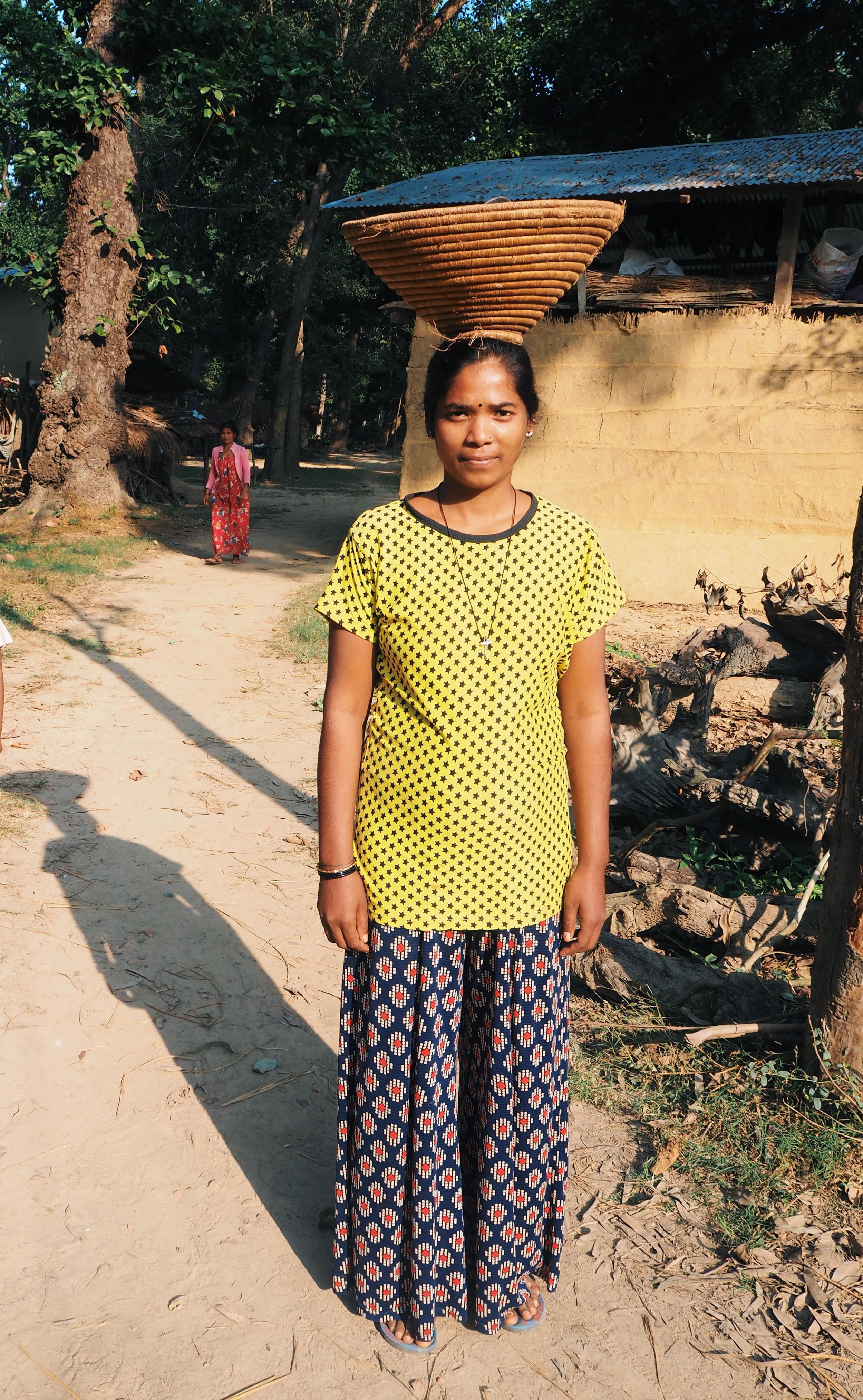Nepal
Economic empowerment of marginalized women creating new employment opportunities in Sudurpaschim Province of Nepal.
Despite India's declaration as an untouchability-free nation in 2006, caste-based discrimination against Dalits persists, especially impacting their access to education, employment, and public spaces. Dalits, officially 13.6% of the population, face ineffective enforcement of anti-discrimination laws, lower literacy rates, and historical injustices like the Haliya system.
This project aims to address these challenges in Kanchanpur district by promoting enterprise among Dalit women, enhancing their agricultural practices through technical support, and linking them to markets. The project includes entrepreneurship training, business start-up support, and market access facilitation, with the goal of establishing sustainable livelihoods for 100 Dalit women entrepreneurs and more.
The "GROWTH: Generating Resources and Opportunities for and by Marginalized Women Through Entrepreneurship" project is a transformative initiative aimed at empowering women from the Dalit, ex-Kamaiya, and ex-Kamlahri communities in the Kailali and Bardia districts of western Nepal. With a budget of CHF 100’024.00, this 12-month project seeks to foster economic independence, enhance technical skills, and promote sustainable business models for marginalized women.
Why Nepal?
Despite progress in recent years, women in Nepal—particularly those from marginalized communities—face entrenched socio-economic barriers, including caste-based discrimination, limited access to education, and a lack of stable employment opportunities. This project directly addresses these issues by equipping women with the tools, training, and resources needed to break cycles of poverty and create thriving enterprises.
Project Details
Target Beneficiaries
Direct Beneficiaries: 400 women entrepreneurs, including:
100 women engaged in leaf plate enterprises in Kailali.
200 women and 100 farmers in spice production enterprises in Bardia.
Indirect Beneficiaries: 14,700 individuals, including family members, value chain stakeholders, and community members benefiting from knowledge transfer and economic development.
Key Components of the Project
Enterprise and Entrepreneurship Development
Leaf Plate Enterprises: Establishing 4 group-based enterprises producing eco-friendly leaf plates, utilizing sustainable resources like Saal tree leaves.
Spice Enterprises: Developing 6 group-based spice production enterprises focused on high-demand products like turmeric, ginger, and coriander.
Training and Capacity Building
Technical Skills Training: Hands-on training in production techniques for leaf plates and spice processing, ensuring high-quality, market-ready products.
Entrepreneurship Development: Business planning and financial management training tailored to each enterprise.
Market Linkages and Sustainability
Partnerships with cooperatives to provide access to savings, credit, and collective resources.
Establishing agreements with market actors and wholesalers to ensure sustainable market access.
Empowering Marginalized Women
Group-based enterprises promote collaboration and shared resources, reducing individual risk and enhancing community support.
Special focus on single mothers, large families, and those facing the greatest economic hardships.
Expected Outcomes
Economic Independence: Women gain technical and entrepreneurial skills, increasing their income and contributing to their families' well-being.
Sustainability: Enterprises utilize environmentally friendly materials, ensuring long-term viability and alignment with global eco-conscious trends.
Community Impact: Knowledge transfer and income generation improve the quality of life for over 14,700 people in the project areas.
Examples of What Your Donation Can Support
Leaf Plate Enterprises in Kailali
A leaf press machine: CHF 1,520. This machine can support multiple women entrepreneurs in group-based businesses.
Additional costs for spare parts and electricity setup: CHF 130, including dye molds and solar panels.
Materials needed for one group of 25 entrepreneurs: CHF 3,459.25, covering shared resources, tools, and infrastructure.
10-day technical training for one entrepreneur: CHF 46.61.
Business planning and entrepreneurship training for one entrepreneur: CHF 29.32.
Spice Enterprises in Bardia
A grinder machine: CHF 878.33. Essential for processing spices like turmeric, coriander, and ginger for group-based production.
Additional costs for spare parts and electricity setup: CHF 130.
Materials needed for one group of 33 entrepreneurs: CHF 3,310.83, supporting a scalable model with shared resources.
5-day technical and entrepreneurship training for one entrepreneur:
TVET (Technical and Vocational Education Training): CHF 20.44.
Business Development Training: CHF 18.10.
Proven Implementation
The project is implemented in collaboration with national NGO partners, leveraging decades of local expertise and strong community networks. Together, we ensure the project’s success and sustainability.
Join Us in Transforming Lives
Your support can empower marginalized women in Nepal to rise above socio-economic challenges, creating lasting change for their families and communities.
"Empowering Women, Sustaining Communities, Transforming Nepal."
















